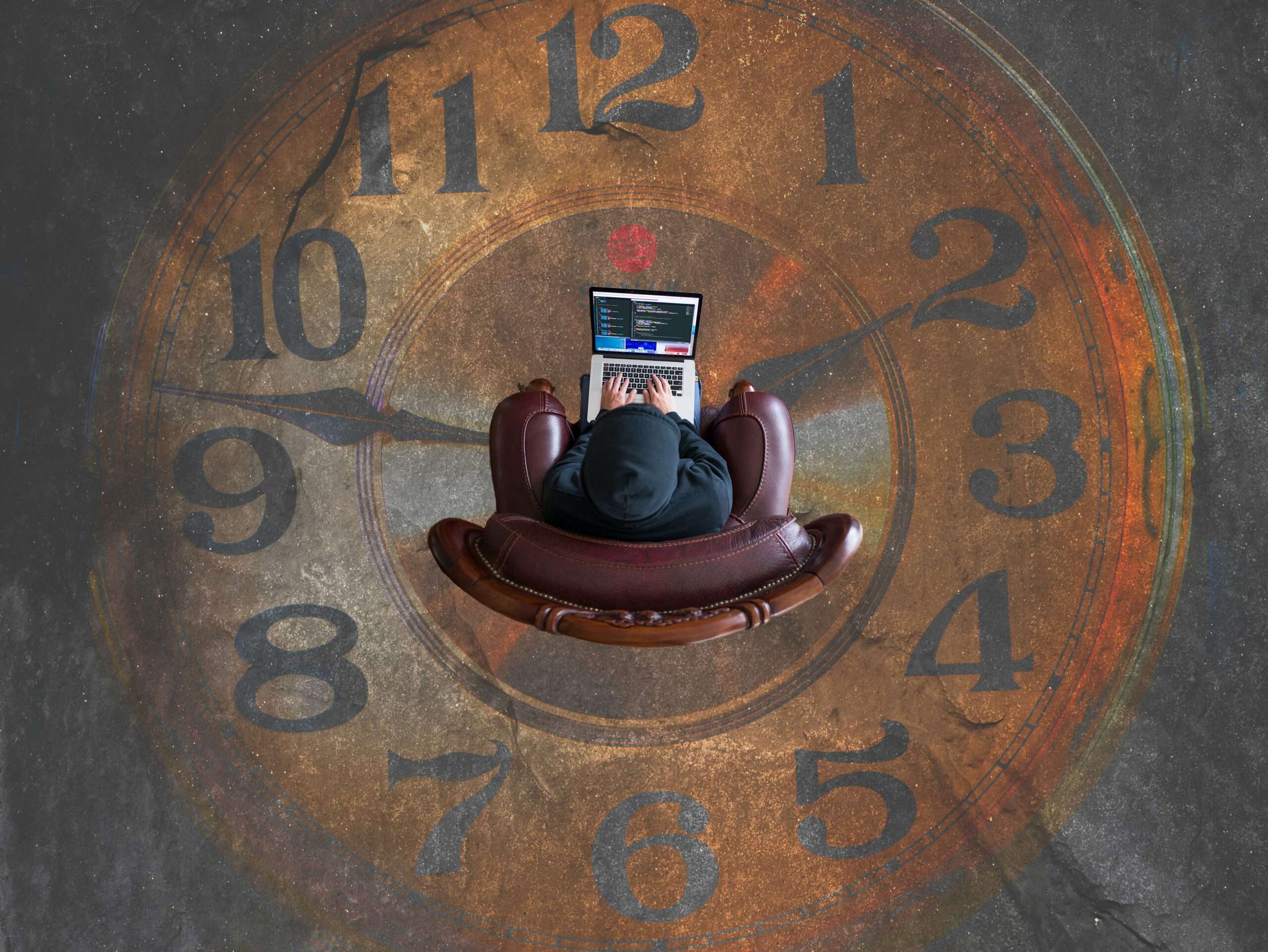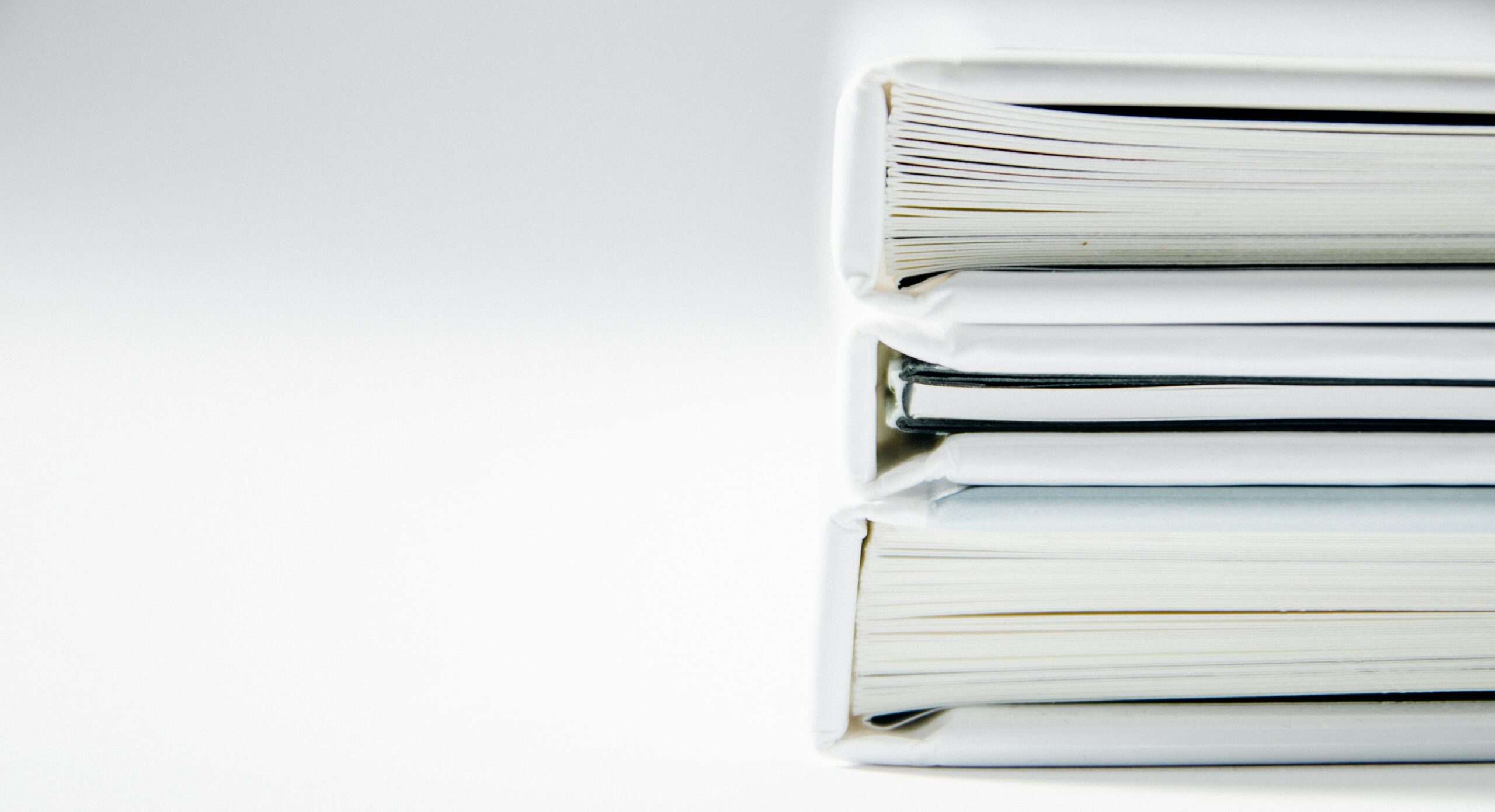NOT many people are aware that when Theranos went under in 2018, it was the work of Erika Cheung and Tyler Shultz that caused the US$9bil (RM39.3bil) start-up founded by the charismatic Stanford University dropout, Elizabeth Holmes, to collapse.
Both Erika and Tyler are founders of Ethics in Entrepreneurship (EIE), which is a non-profit organisation, focused on improving the business ethics that emerging companies, especially start-ups, are deploying to ensure they meet stakeholders’ objectives.
Ethical business practices are the core foundation of any business but when a start-up is driven by a very strong character, who is typically not only the chief executive officer but also the single largest shareholder.
A revolutionary idea
In the case of Theranos, Elizabeth Holmes had only one vision in her mind – to provide a solution that can detect and ultimately is to prevent major illnesses, that will not only empower people everywhere to live their lives to the fullest.
Her idea of a single drop of blood that will be able to help the medical fraternity undertake hundreds of tests was brilliant but came with a price.
As Theranos intended to disrupt the healthcare system with a machine that can carry out this miraculous test, the idea itself was mind-blowing.
In her own words, her intentions were indeed noble as she didn’t want people to suffer losing loved ones due to terminal illness as in most cases, by the time the disease is known, it is rather too late.
With her machine, a predictive diagnosis was possible and the early intervention will be a game-changer. The only problem was that Elizabeth Holmes did not have the machine – even at the time Theranos collapsed.
Strong backing
Elizabeth, being the founder of Theranos, was the mover of the company. Dropping out of Stanford University at the age of 19, Elizabeth hired former classmates and a well-known chemist to develop her idea.
Several private equity firms and rich individuals like Oracle’s executive chairman, Larry Ellison, media mogul, Rupert Murdoch, and retail chain pharmacy, Walgreens was her backers.
With cash from investors, Theranos started to think big and invited well-known names into the board of the company, including George Shultz, Henry Kissinger, and James Mattis.
Some board members were sceptical of Theranos’ claims but one of the strongest supporters of the company was George Shultz himself, the former United States State Secretary.
He was convinced by the sweet-talking Elizabeth and even got his nephew, Tyler Shultz, to join the company, working in the labs analysing blood samples. Later, a young graduate of the University of California, Berkeley, Erika Cheung joined Theranos.
As Theranos was running out of money and Elizabeth had the next great idea – to go retail with her machine and that’s how she got Walgreens to invest in the company.
Walgreens never had the chance to look at the “machine” that would convince them that what Theranos had was real and not mere words.
However, due to the competitive business landscape and not wanting to miss out on the revolutionary healthcare breakthrough, Walgreen signed on the dotted lines and invested in Theranos.
At the same time, Tyler and Erika were working hard to get the real story out as to what Theranos was doing by convincing investors that it had the real thing when in reality it was all a big fraud.
Lies exposed
Wall Street Journal (WSJ) was Erika and Tyler’s target to get the story published. Journalist John Carreyrou was the main man behind the story but as he needed verification of his story, the unanswered questions imposed by WSJ to Theranos must have been the real ice-breaker for the story to be real.
In the meantime, Erika, who worked as a lab assistant for several months in 2013 and 2014 before reporting lab testing problems to federal agents in 2015, raised concerns about how the company deleted outliers in its data to ensure that its devices passed quality-control tests.
In addition, according to Erika, as Theranos device itself was faulty, it cheated regulators by showing sample results on US Food and Drug Administration (FDA)-approved machines rather than Theranos’ device as Theranos ran results on two separate machines but only submitted results derived from the FDA-approved device and not their own.
Key events proved to be Theranos’ turning points. This includes Erika’s whistleblowing activities, via a complaint made to the Centres for Medicare and Medicaid Services, which led to Theranos lab being suspended from operations for two years.
An article in the journal of the American Medical Association, which claimed that Theranos had failed to publish any of its research in peer-reviewed medical journals too was damaging, as it showed Theranos had little medical backing to legitimise its claims.
Soon after, a deal with Safeway fell through as the company failed to deliver on its promise.
In 2018, the US Securities and Exchange Commission (SEC) charged Theranos and Elizabeth with deceiving investors by “massive fraud” through false or exaggerated claims about the accuracy of the company’s blood-testing technology.
Elizabeth settled the charges by paying a US$500,000 (RM2.18mil) fine and accepting a ten-year ban from serving as an officer or director of a public company, among others, the arms of the law were still not finished with her as in January 2022 she was convicted of defrauding investors, although she was found not guilty of defrauding patients.
She faces up to 20 years in prison, as sentencing is scheduled in September 2022.
Lessons learned
Many lessons were learned from Theranos. First was of course the inexperience of Elizabeth Holmes as a young CEO who knew very little of how to run a business.
While her idea was a great one, it was perhaps ahead of her time and the technology then was simply wasn’t there, hence investing in Theranos came with high execution risk.
In addition, as what was being developed was revolutionary to the extent medical science was about to be disrupted significantly, not many people, whether the new board members, investors, or even the general public placed any burden of proof on what was being developed by Theranos.
While Theranos was rather secretive of its intellectual property rights, investors too got carried away to the extent that even due diligence, which is typically carried out in large transactions, was missing.
Elizabeth Holmes herself was the only due diligence that investors made as they believed her 100% without checking her out in terms of her claims as to what the device was able to produce, despite her claims being nowhere near reality.
Surprisingly, even when Walgreen was about to invest big time, the fact that Theranos was trying every effort to deny access to a lab expert to gain access into Theranos’ lab was a red flag.
Elizabeth Holmes star-studded Steve Jobs-like turtle neck signature public appearances were the main crowd puller and with her being featured in business magazines, her story was compelling as she was the world’s youngest self-made billionaire.
However, without ethical business practices, even if it was not Erika or Tyler who exposed her fraud, the truth will eventually still be known.
The business world today is very competitive and as a young CEO running a start-up, Elizabeth Holmes failed to understand that ethical business practices are still the way to go and not by lying, cheating, faking, or engaging in fraudulent activities to please her board members and members of the media. There is so far a person could go being a strong charismatic leader, but eventually, the truth will be known and when that happens, the arms of the law will catch up on any fraudster.
Pankaj C Kumar is a long-time investment analyst. The views expressed here are the writer’s own.

 5.0
5.0 





















